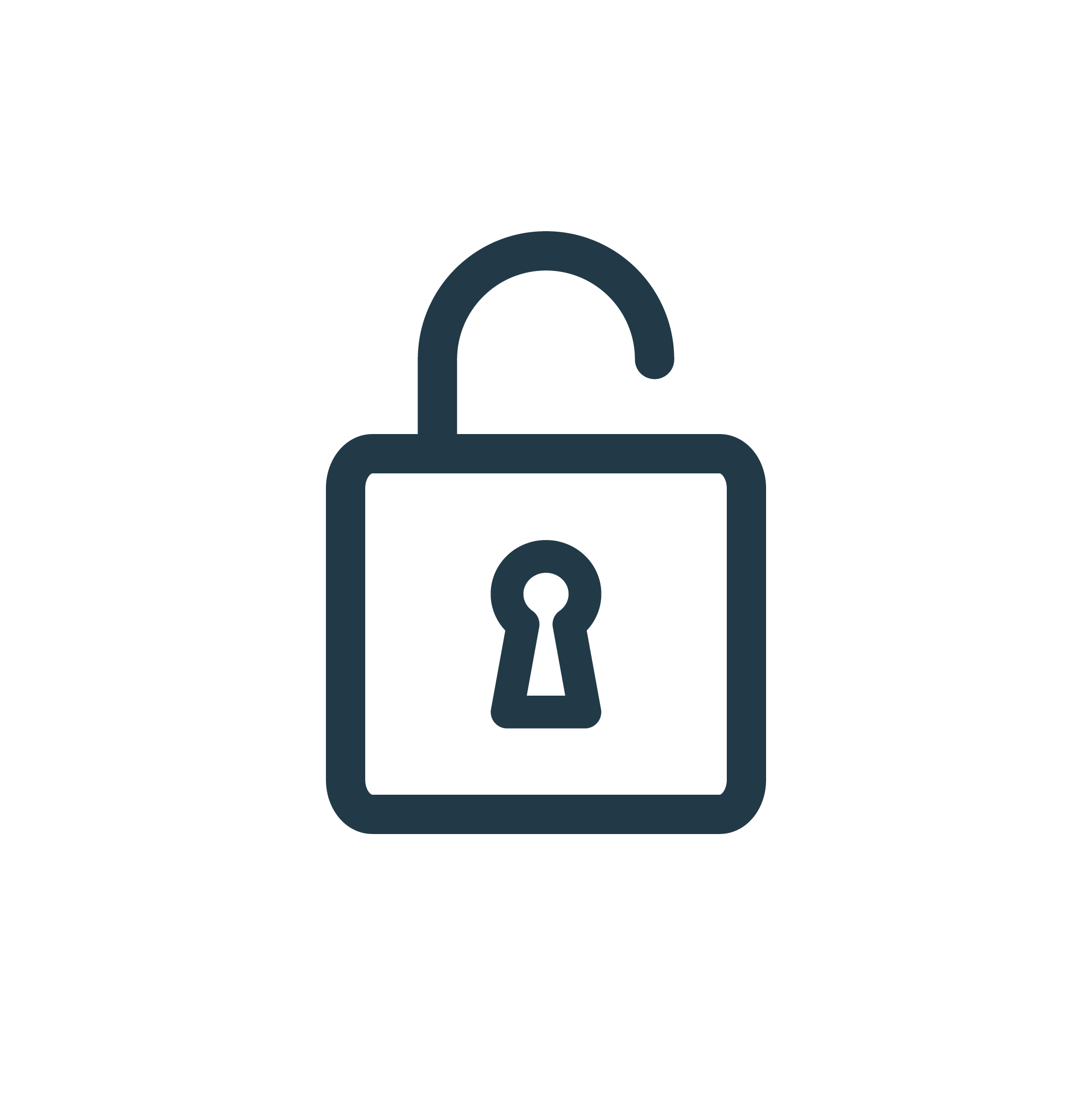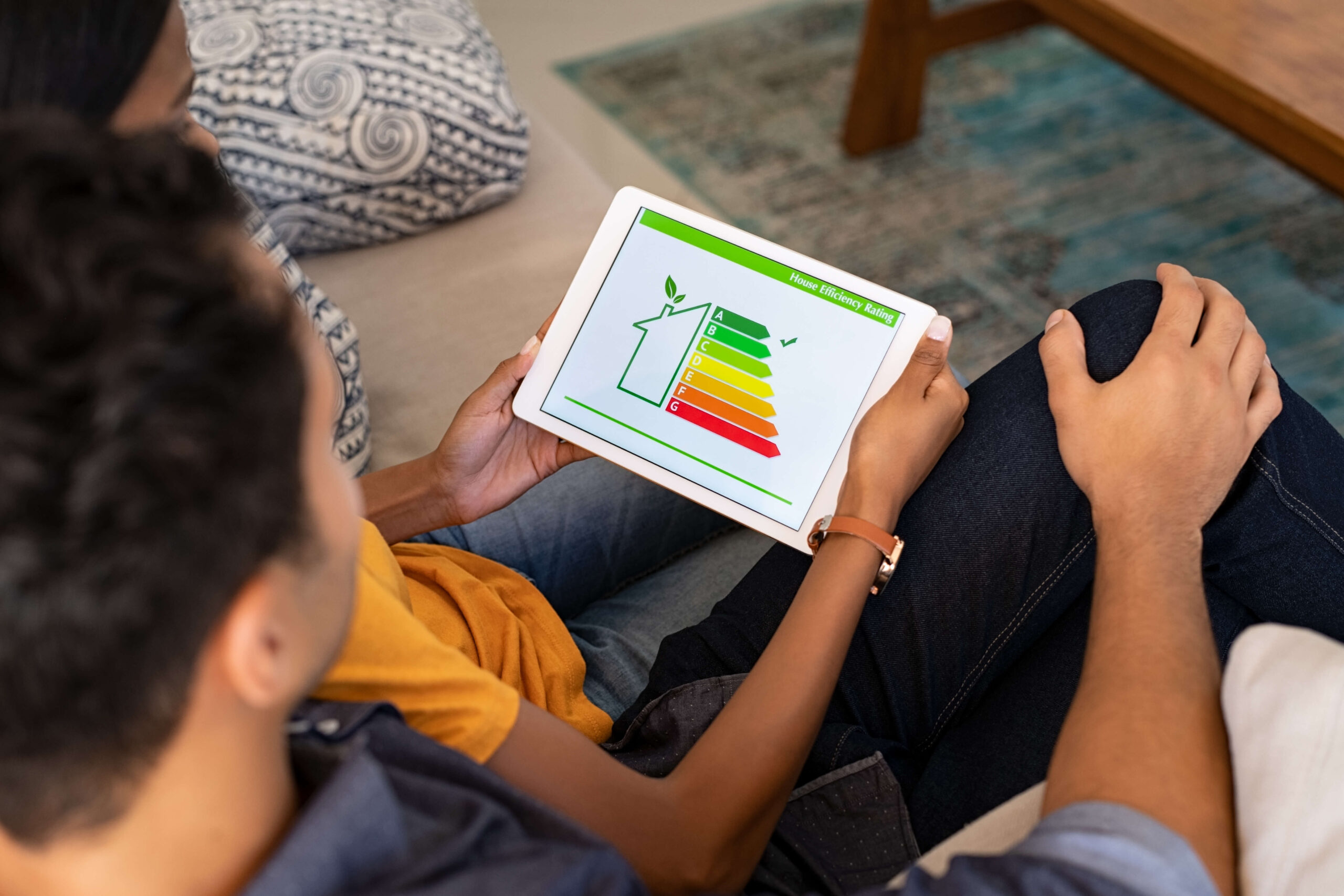
Can you really save a house deposit on the UK’s average salary?
We're cutting through the noise and answering the question honestly - is the UK's average salary really enough if you're saving for a house deposit.
Recommended results...
To avoid becoming a victim of online crime you don’t need to be a computer expert. Developing a few good online habits drastically reduces your chances of becoming a victim of cybercrime, makes you less vulnerable and lets you use the web safely.

There are several steps you can take to protect yourself and your data:

Get a CIFAS Protective Registration
A Protective Registration places a warning flag against your name and other personal details on a National Fraud Database. This tells any organisation that uses CIFAS data to pay special attention when your details are used to apply for a product or service. We will carry out further due diligence to ensure that all of the details listed on any applications here at Hodge match with the details listed on the protective registration, we may even call you to confirm that you have full knowledge of the application.

Dispose of unwanted cards and statements
Some fraudsters will rummage through rubbish bags looking for thrown out letters in order to obtain details for potential false applications. Keep your details safe by cutting up your old credit/debit cards with scissors, shredding your old and unwanted bank statements and utility bills.

Install anti-virus and firewalls
In the unfortunate event that you’ve accidentally clicked on a link in a phishing email or you have access a website with malicious intent, your next line of defence is your Anti-Virus software. Some devices will already have this installed, if not, you can search for anti-virus software from certified providers.

Don't share personal information
If you use social media, check the privacy settings so that personal data is protected. Make sure that you don’t share confidential information on social media such as your address or bank account information as this can often be viewed publicly. Take care when uploading photos to these sites too, for example, making sure your bank card or passport information cannot be seen. Remember that people will make a lot of effort to get hold of your information, so always be careful.

Set strong passwords
Never tell anybody your passwords, don’t write them down or store them somewhere that can be easily accessed, including on your phone. When creating a password, use a mix of upper and lower case letters, and include numbers and symbols. A passphrase is more secure than just a word. Try a memorable phrase like ‘ilovegoingonholiday’, but swap the letters around and add in numbers to make it harder to guess ‘1lov3go1ng0nHo1idaY!,’. We’ll never ask you to share your password with us. If you believe you’ve been a victim of fraud or hacking, please change the email address and all passwords linked to your Hodge account.

Browse securely
Ensure that you are using a secure Wi-Fi connection, ideally one that isn’t publicly accessible. Look out for the padlock symbol in your browser address bar, this confirms that your connection to the site is secure. The padlock confirms the connection is safe, but it doesn’t tell you if the website is genuine. Check for spelling and grammar mistakes, or other signs that suggest the site is not real. Phishing sites will often use similar looking characters to imitate genuine sites.

Can you really save a house deposit on the UK’s average salary?
We're cutting through the noise and answering the question honestly - is the UK's average salary really enough if you're saving for a house deposit.



If you’re unsure how the ISA changes might affect your savings, here’s a simple three step guide to help you understand what’s changing and what’s staying the same.

New FSCS Limit and what it means to you
The Financial Services Compensation Scheme (FSCS) deposit protection limit will increase from 1 December 2025.

Why gifting money at Christmas is a thoughtful alternative in 2025
Find out why gift giving traditions are quietly shifting and gifting money at Christmas is becoming a thoughtful and genuinely useful, alternative.

Welcome to our 12 films of Christmas competition. Check back each day for a new film poster. Enter your guess on the page for a chance to win a £150 gift card.

Falling in love or falling for fraud? How to spot the signs of a romance scam
With romance fraud on the rise, we look at why even the savviest among us can be caught out.










Backing over 80 local pubs across Wales: Hodge supports Brew Propco Ltd with major investment
Read about our commercial investment loan helped Brew Propco Ltd buy a portfolio of 83 long leasehold pubs across South and West Wales.

How to make the most of your savings without locking them away
Save smarter without fixed terms. Explore the benefits of easy access savings accounts and keep your money working while staying in control.

Five hidden costs of getting a mortgage (and how to avoid them)
If you're a first time buyer, some costs can come as quite a shock. Here's our breakdown of 5 hidden mortgage costs you might not expect and what you can do to avoid getting caught out.

Is online banking safe? Ten tips to help keep your money secure
We want you to feel protected from fraud and scams, so we've listed 10 simple tips which can help you stay safe when banking online.

How much is the Personal Savings Allowance in the UK?
Most people can earn some interest on their savings without paying tax – thanks to the Personal Savings Allowance (PSA). Find out how much you can earn tax-free in our blog.

Why an Easy Access savings account could help your savings sizzle this summer
Whatever your plans this summer, topping up savings and not just your tan, could be a easier than you think.

Understanding ‘Money Dysmorphia’ and if you have it
Let's take a deeper look at what Money Dysmorphia is, the potential impact and what to do if you think you have it.

Easy Access vs. ISAs: Making the most of your inheritance
If you have a lump sum of money and you're not sure whether to invest or save, we look at some options to keep your money safe, secure and growing.

Why Fixed Rate Bonds could be perfect for short-term savers
Explore how Fixed Rate Bonds work for short-term savers, what to consider before opening one, how they compare to other types of savings accounts.

The missing link in the property development supply chain
Gareth Davies, Real Estate Finance, shares how we're providing regional developers with more than just the financial tools to succeed in today’s challenging market.

Everything you need to know about bond maturity dates
What does a maturity date really mean for your savings and how do different maturity dates impact returns? Let’s take a look.


Easy Access savings accounts – your flexible way to save
We want your savings journey with us to be as effortless as possible. That’s why our Easy Access savings account has no strings attached.

Should I save money or overpay my mortgage?
Are you thinking about making a mortgage overpayment or wondering if it's a better plan to build up savings? We explore some the pros and cons to help you make a more informed choice.

Why choose an easy access savings account?
Looking for a savings account that gives you flexible access to your cash? An easy access savings account could be what your searching for.

How to change your money mindset
Find out the role your money mindset can play in your finances and life and the steps to making it a healthy one.

What is the cash ISA allowance?
A quick guide to saving money, the tax perks and transfers of cash ISAs.

What is cash stuffing and can it help me save quickly?
It's a modern twist on the old ‘envelope method’, but is it a game changer for savers or a riskier way to manage your money?

5 New Year’s resolutions to help you save in 2025
Find tips on how to create a monthly budget, some simple savings challenges and ways to stick to your financial goals.

Christmas on a budget: how to save money this Christmas
How to create a budget, shop smarter and cut back on unnecessary expenses at Christmas.

Ben McConnachie, Hodge fraud expert, outlines 'the 12 scams of Christmas' and tips to protect yourself over the festive season.

Online fraud: top tips from our experts
Our Risk experts share their top tips for staying safe from online scammers.

Should I invest in a fixed rate bond?
There's lots of saving options out there - so let’s take you through how fixed rate bonds work and if they could be the right option for your money.

This guide covers everything you need to know about stamp duty, its exceptions, and steps to claim back what you may be eligible for.

Starting early when saving for Christmas can take the pressure off the big day. Here's some ways you can be an early saver for Christmas this year and every year.



















Hodge provides £1.49m development finance facility to support property developer client


The property development and investment markets – how is 2024 shaping up?













Commercial Lending December blog – Reflections on 2023 and thoughts for 2024


Navigating sustainable property development: key insights and changes














We’re proud to announce we’ve joined forces with FIBA as its latest lender partner



























Hodge funds redevelopment of Barnet terrace property with St Mark’s Properties

Hodge provides £2.2m development loan to Fairview Homes Property Ltd



Hodge funds development of six new build houses in coastal town of Weymouth




Conversion of former care home into 9 apartments in central Bristol funded by Hodge
Hodge Commercial Lending team outlines new structure and plans for 2021

Hodge funds development of 15 residential sea-view houses in coastal Ceredigion, South Wales
